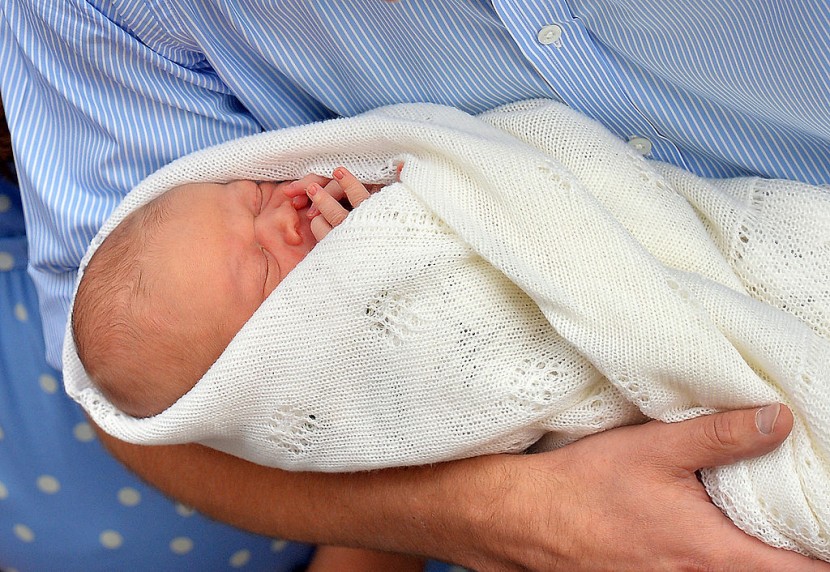
Feeding newborn babies their mother's poo after birth could reduce their susceptibility to allergies and asthma. According to scientists, mixing a little amount of feces in breast milk could bolster the development of an infant's immune system.
Mother's Beneficial Bacteria
In the path through the birth canal, delivering by cesarean section inhibits infants from receiving their mother's healthy bacteria.
Scientists acknowledge that it is disgusting. But they also underscore that the technique undergoing study is done through a meticulously controlled, clean procedure.
The likelihood for newborn cesarean babies to develop asthma and allergies as a toddler is perhaps due to the fact that they were not exposed to the microbiota in their mother's perineum and vagina in the birthing process. This remarkably affects their immune system's progression, reported Science Times.
Scientists from Finland probed into whether infants would gain an advantage from fecal microbiota transplants (FMTs). The purpose of FMTs is to clear up infections immune to antibiotics in adults. A healthy stool is required to be introduced to the patient's colon.
Babies Born by C-Section
More than naturally birthed babies, cesarian infants are more at risk of asthma or allergies. In the journal "Cell," the process seemed to be safe and resulted in C-section newborns having microbial makeup identical to vaginal-born newborns, reported Med India.
The group of researchers from the Pediatric Research Center at the University of Helsinki found the procedure safe. "From a clinical point of view, this transfer of microbial material is happening during a vaginal delivery," according to co-senior author Sture Andersson, a professor at the University of Helsinki in Finland, reported Sound Health and Lasting Wealth.
Also Read : Prince Harry, Meghan Markle Worried About Prince Philip's Health, Couple Eager to Return to UK With Archie
Some scientists believe that this is due to the fact that newborns are missing out on their mother's vagina, skin, and intestines' germs. Other experts think it is associated with different factors including antibiotics offered to mothers after a cesarian delivery.
Experts persuaded mothers not to make Do-it-Yourself attempts at home. The drastic approach is for the underdeveloped immune system of the newborn.
The Research Study
The study is part of an increased interest in the microbiome which is a broad collection of bacteria and other microbes that inhabit the body. Studies in the past years have been divulging how essential those microbes are to the body's regular procedures.
Before the more drastic way was suggested, a few studies suggested that to address the shortage in the microbiota, newborn cesarian infants should be swabbed with their mother's vaginal fluid urgently after birth to lessen that susceptibility. Microbiota exposure will help the baby's immune system to mature.
Andersson added that the poo is the mother's gift to her infant. Once a newborn begins thriving alive, their immune system develops out of microbial subjection.
Delivery of Baby
There is proof that the way of delivery of the baby could have a critical impact on the microbiome's properties. Natural childbirth exposes infants to the advantageous microbes in the birth canal while the cesarian delivery bypasses that procedure.
Related Article : Brad Pitt, Jennifer Aniston Asking Alia Shawkat to Be Surrogate Mother?
© 2026 HNGN, All rights reserved. Do not reproduce without permission.








